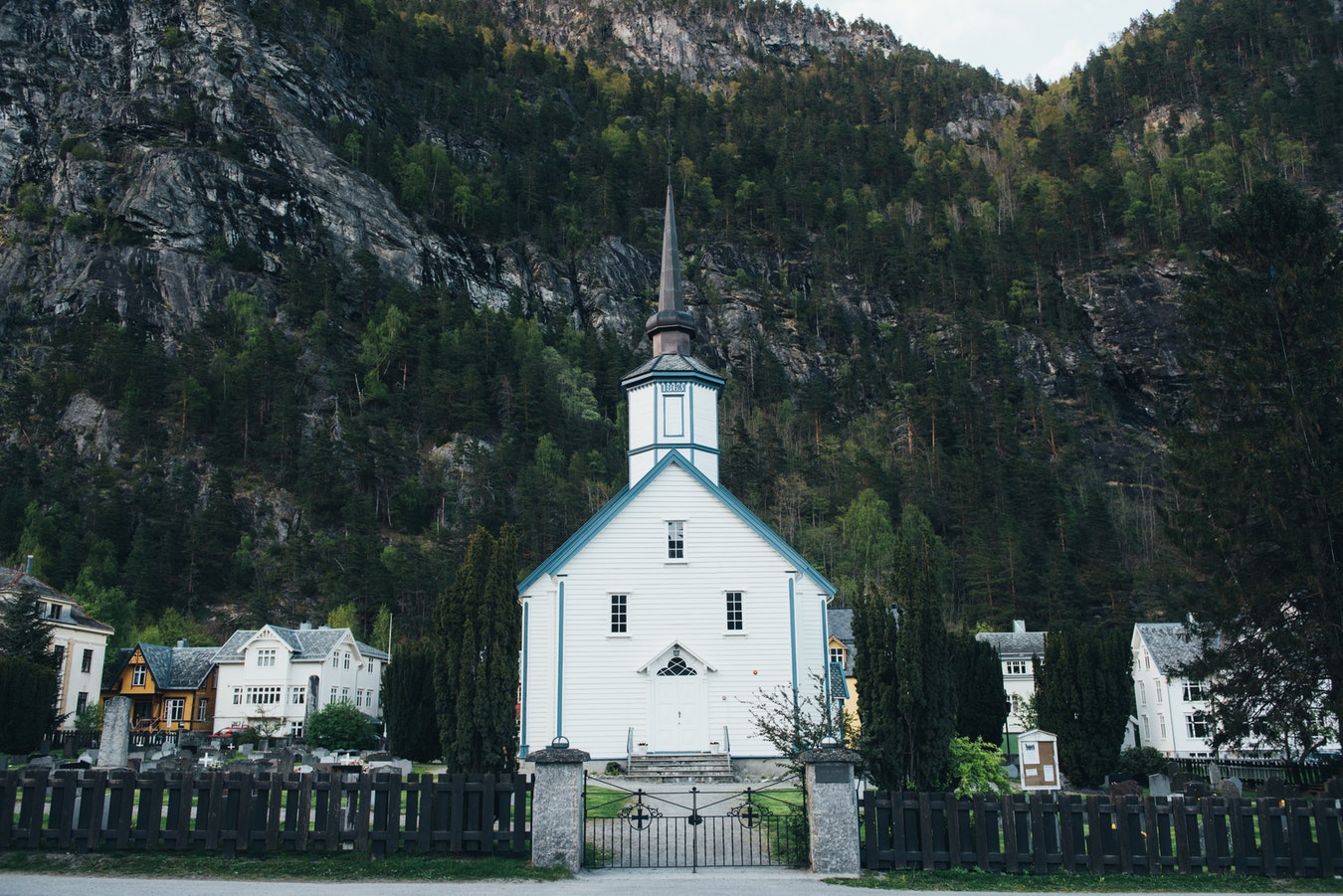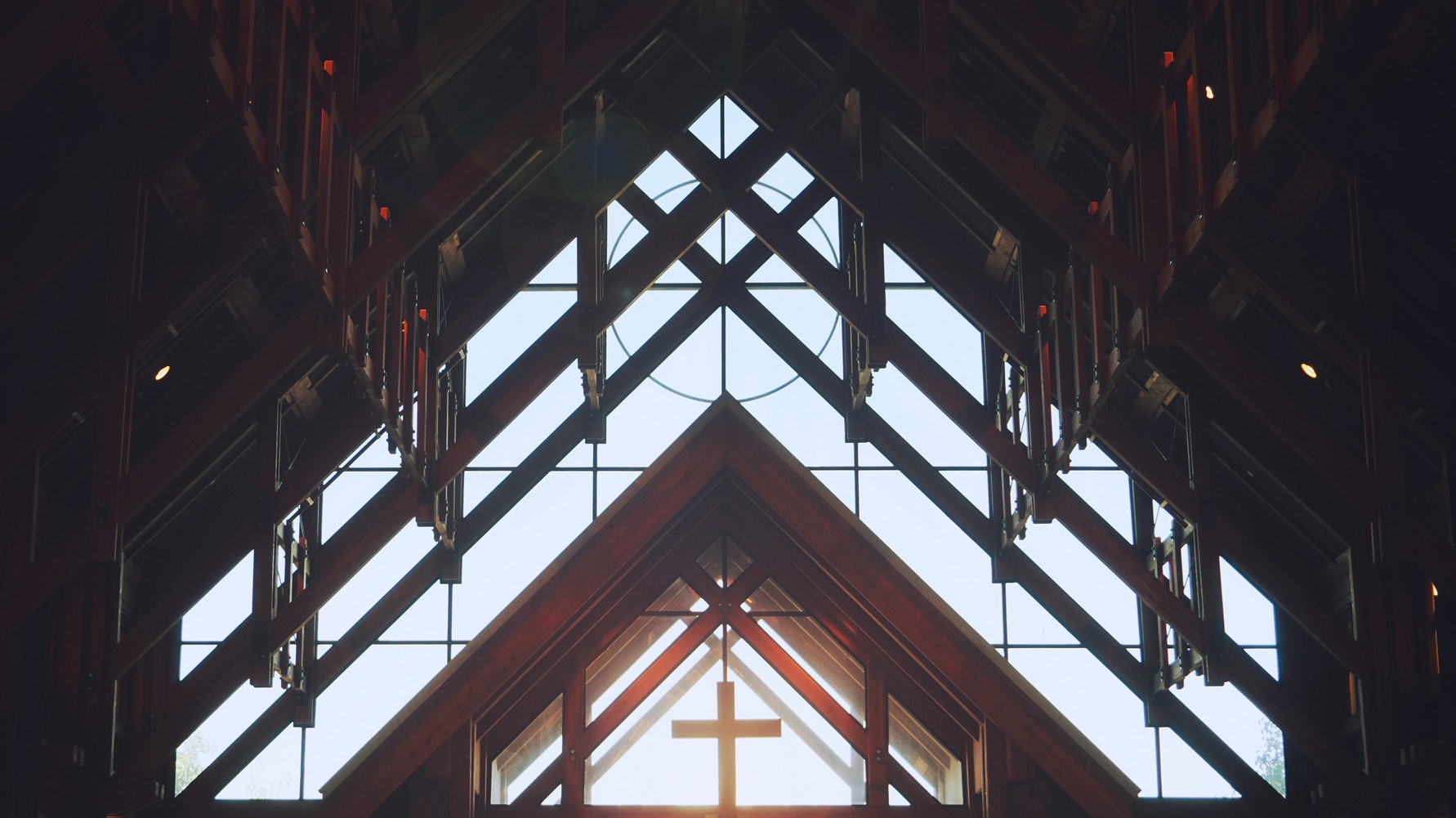Christian Worship Day in the New Testament
Author: Jim Cole-Rous“Which day should Christians observe; the Sabbath or Sunday?”
The questions still keep coming to my desk from around the world, asking this!
Christians celebrate the Jesus who came alive from the grave after three days; rising from the dead on the first day of the week, Sunday. (Mark 16:9) (ASV).
That same day he appeared to Cleopas and his wife Mary, the sister-in-law of Jesus’ Mother. They finally recognized Him at the supper in their home, and rushed back to Jerusalem to tell the rest of the disciples, and while they were there, Jesus appeared to all of them again on that Sunday evening. (Luke 24:13-15, 33) (ASV)
The following record of Jesus appearing to the disciples occurred the next Sunday.
“A week later his disciples were again inside, and Thomas was with them.  Even though the doors were shut, Jesus came, stood among them, and said, “Peace be with you.” Then he said to Thomas, “Put your finger here, and look at my hands. Take your hand, and put it into my side. Stop doubting, but believe.” John 20:26-27 (ISV ©2008)
Even though the doors were shut, Jesus came, stood among them, and said, “Peace be with you.” Then he said to Thomas, “Put your finger here, and look at my hands. Take your hand, and put it into my side. Stop doubting, but believe.” John 20:26-27 (ISV ©2008)
Another occurrence of the Christians meeting together is on the day of Pentecost. Pentecost was observed 50 days after Pesach, the Passover.
“And ye shall count unto you from the morrow after the sabbath, from the day that ye brought the sheaf of the wave-offering; seven sabbaths shall there be complete: even unto the morrow after the seventh sabbath shall ye number fifty days; and ye shall offer a new meal-offering unto Jehovah.” Leviticus 23:15-16 (ASV)
This was again the First Day of the Week, a Sunday, when the Holy Spirit filled all of the believers in the upper room.
Paul the apostle arrived in Troy, and we are told they met together for a communion service and preaching.
Look carefully at the following verse.
“And upon the first day of the week, when we were gathered together to break bread, Paul discoursed with them, intending to depart on the morrow; and prolonged his speech until midnight.” Act 20:7 (ASV)
Here Paul is meeting with Gentiles, and they meet on the first day of the week. Luke the historian was present, and records the details. This was an evening gathering, on the first day of the week.
The Jewish day was reckoned from sunset to sunset, so it was Saturday evening when Paul met with them.
The Sabbath runs from Friday sunset to Saturday sunset; just drive by your local Synagogue on Friday night and you will see the Jewish community assembling for Sheol! He preached until midnight and left Sunday morning, as planned on the first day of the week.
The Sabbath runs from Friday sunset to Saturday sunset. Paul takes up his pen to write to the Church in Corinth, Greece, and encourages them to set aside offerings on the first day of the week.
It is implicit that this money was to be held by the local assembly in readiness for Paul’s arrival so the funds could be carried to Jerusalem to meet a need. He states that the Galatian churches were told to do the same, implying they also met on Saturday night/Sunday. Keep in mind, that everyone went to work on Sunday morning, for both Gentile and Jew, this was a work day. It would be natural for the believers to meet Saturday evening, the beginning of the first day of the week.
“Now concerning the collection for the saints, as I gave order to the churches of Galatia, so also do ye. Upon the first day of the week let each one of you lay by him in store, as he may prosper, that no collections be made when I come. And when I arrive, whomsoever ye shall approve, them will I send with letters to carry your bounty unto Jerusalem:” 1 Corinthians 16:2. (ASV)
There are some five important observations I make here:
- Jesus and Paul were customarily found in the Synagogue on the Sabbath, and Paul never renounced the Jewish customs of Covenant Sabbath worship. In fact, his final arrest in

- Jerusalem was the outcome of his having been in the Temple on a Sabbath day. “Then Paul took the men, and the next day purifying himself with them went into the temple, declaring the fulfillment of the days of purification, until the offering was offered for every one of them” Acts 21:26 (ASV)
- The Jewish Christians continued for several hundred years to observe both the Sabbath, as well as meet for breaking of bread, the Lord’s Supper, on Saturday evening, the first day of the week. The Apostolic Constitutions Book 7 Para 23 written in the late 300’s A.D. states; “But keep the Sabbath, and the Lord’s day festival; because the former is the memorial of the creation, and the latter of the resurrection.”
- The Apostles in Jerusalem recognized that Paul observed the Jewish law and Sabbaths, but they also affirmed that it was not binding on the Gentiles. “and all shall know that there is no truth in the things whereof they have been informed concerning thee; but that thou thyself also walkest orderly, keeping the law. But as touching the Gentiles that have believed, we wrote, giving judgment that they should keep themselves from things sacrificed to idols, and from blood, and from what is strangled, and from fornication”. Acts 21:24-25 (ASV)
- The Gentile churches customarily worshipped on Saturday evening, and in later years, on Sunday mornings as shown in Acts 20:7 and 1 Corinthians 16:2. (ASV)
- The historical records show that the Sabbath was not replaced by the First Day of the week, but the Christians worshipped as it pleased them within their culture on either or both the Sabbath and the Sunday.
The creation by Constantine of the Sunday Law in A.D. 321 stipulated only that it was to be a day of rest. There was no direct reference to Christianity and there were no regulations that people were to attend church within the wording of the Sunday Law.
Whatever day you observe, we have the admonition of Paul in Romans 14:5-6
“One man esteemeth one day above another: another esteemeth every day alike. Let each man be fully assured in his own mind. He that regardeth the day, regardeth it unto the Lord: and he that eateth, eateth unto the Lord, for he giveth God thanks; and he that eateth not, unto the Lord he eateth not, and giveth God thanks.”
